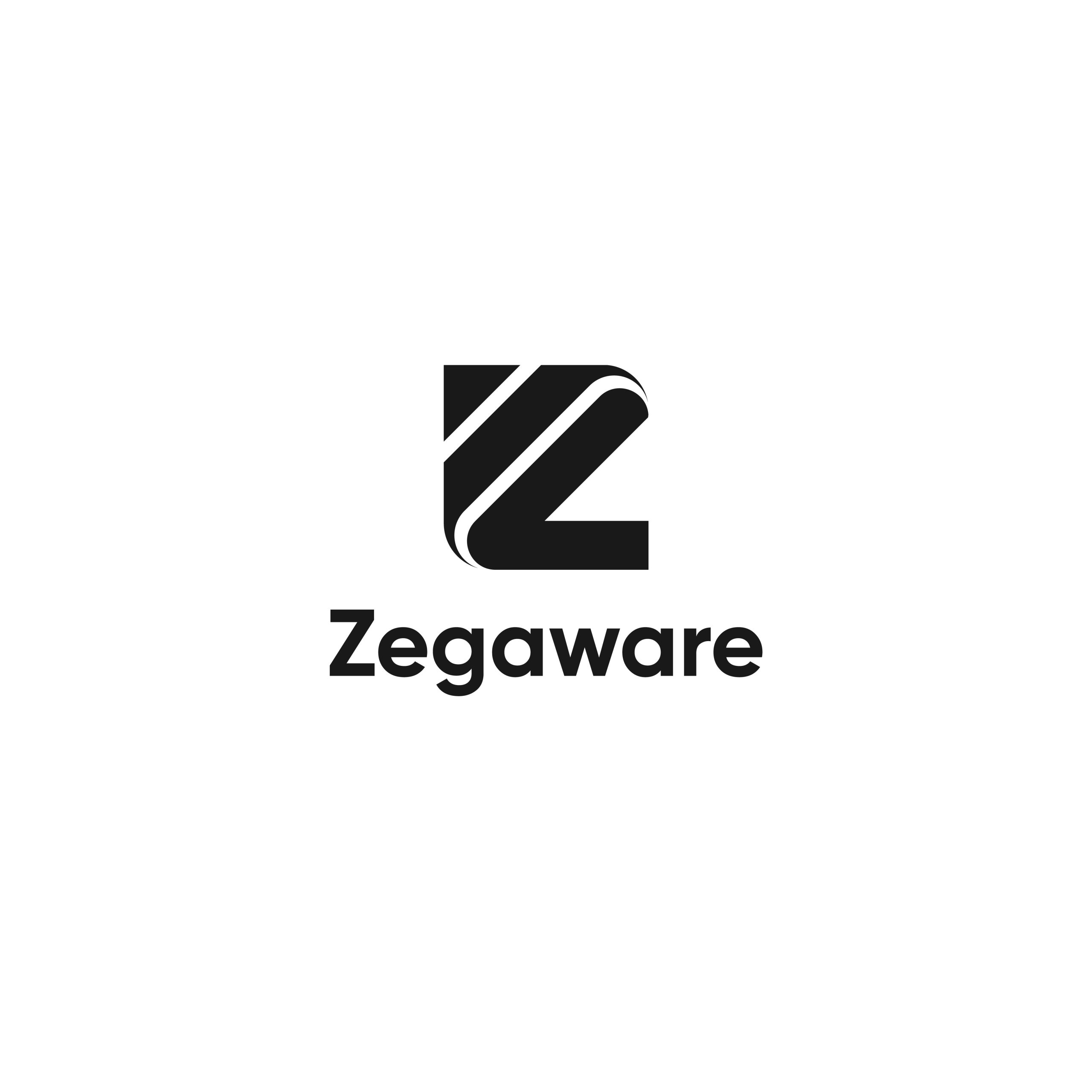The Key Benefits of Cross-Platform Desktop Applications for Businesses and Developers
In today's fast-paced digital world, businesses and developers are constantly seeking innovative solutions to stay ahead of the curve and meet the evolving needs of users. One such solution that has revolutionized the way applications are developed and deployed is the adoption of cross-platform desktop applications.
Cross-platform desktop applications refer to software programs that are designed to run seamlessly across multiple operating systems, including Windows, macOS, and Linux, using a single codebase. Unlike traditional desktop applications that are built separately for each platform, cross-platform applications offer a unified approach, enabling businesses and developers to reach a broader audience while minimizing development time and costs.
The benefits of cross-platform desktop applications extend far beyond mere convenience. Let's explore some of the key advantages that make them indispensable tools for businesses and developers alike:
Cost-Effectiveness: One of the most compelling reasons to embrace cross-platform development is its cost-effectiveness. By leveraging a single codebase, businesses can significantly reduce development costs and time-to-market compared to developing separate versions for each platform. This streamlined approach not only saves resources but also ensures consistent functionality and user experience across all platforms.
Wider Reach: Cross-platform desktop applications have the unique advantage of reaching a wider audience by targeting users across different operating systems. This broader reach translates into increased market opportunities and enhanced brand visibility, ultimately driving business growth and expansion.
Consistent User Experience: Maintaining a consistent user experience across multiple platforms is paramount for building user trust and loyalty. Cross-platform development allows businesses to deliver a cohesive and seamless user experience, regardless of the device or operating system used by the end-user. This consistency fosters positive user interactions and strengthens brand perception.
Faster Development Time: Time-to-market is crucial in today's competitive landscape, and cross-platform development offers a significant advantage in this regard. By reusing code components and leveraging cross-platform development frameworks such as Electron and Xamarin, developers can expedite the development process and launch their applications more quickly without compromising quality.
Ease of Maintenance: Managing and updating multiple versions of an application can be a daunting task for developers. Cross-platform desktop applications simplify the maintenance process by enabling updates and bug fixes to be applied universally, ensuring that all users receive the latest improvements simultaneously. This streamlined maintenance approach reduces overhead and enhances overall efficiency.
Integration with Native Features: Despite running on multiple platforms, cross-platform desktop applications can seamlessly integrate with native features and functionalities, providing users with a native-like experience. This integration ensures that users can leverage platform-specific capabilities while enjoying the benefits of cross-platform compatibility, enhancing overall usability and performance.
Scalability: As businesses grow and evolve, scalability becomes a critical consideration for application development. Cross-platform desktop applications offer inherent scalability, allowing businesses to accommodate increasing user demand and evolving requirements without the need for extensive redevelopment. This scalability ensures that applications can grow with the business and adapt to changing market dynamics.
Improved Productivity: By streamlining the development process and minimizing compatibility issues, cross-platform development enhances productivity for both businesses and developers. With fewer barriers to deployment, development teams can focus on innovation and value delivery, accelerating time-to-market and maximizing return on investment.
Enhanced Market Presence: Launching a cross-platform desktop application enables businesses to establish a stronger market presence and differentiate themselves from competitors. By catering to users on multiple platforms, businesses can broaden their audience reach and position themselves as industry leaders, driving customer acquisition and retention.
Security: Security is a top priority for businesses and users alike, and cross-platform development frameworks prioritize security by implementing robust encryption standards and ensuring compliance with industry regulations. This proactive approach to security minimizes the risk of data breaches and security vulnerabilities, safeguarding sensitive information and protecting user privacy.
In conclusion, the benefits of cross-platform desktop applications for businesses and developers are vast and multifaceted. From cost-effectiveness and wider reach to consistent user experience and enhanced productivity, cross-platform development offers a wealth of opportunities to innovate and succeed in today's digital landscape. By embracing cross-platform development, businesses can unlock new possibilities, drive growth, and stay ahead of the competition in an increasingly interconnected world.
get in touch with Zegaware to connect technology trends (https://zegaware.com/services/....ftware-development/)
#software #desktopapplications #applications #development
